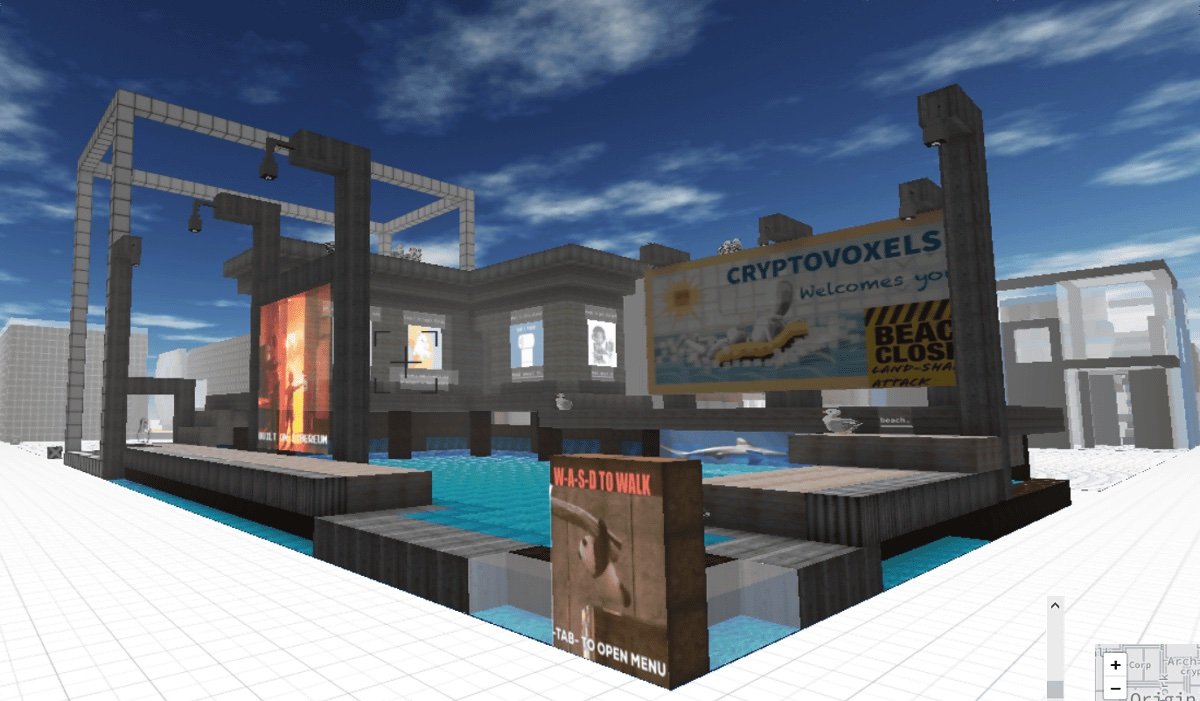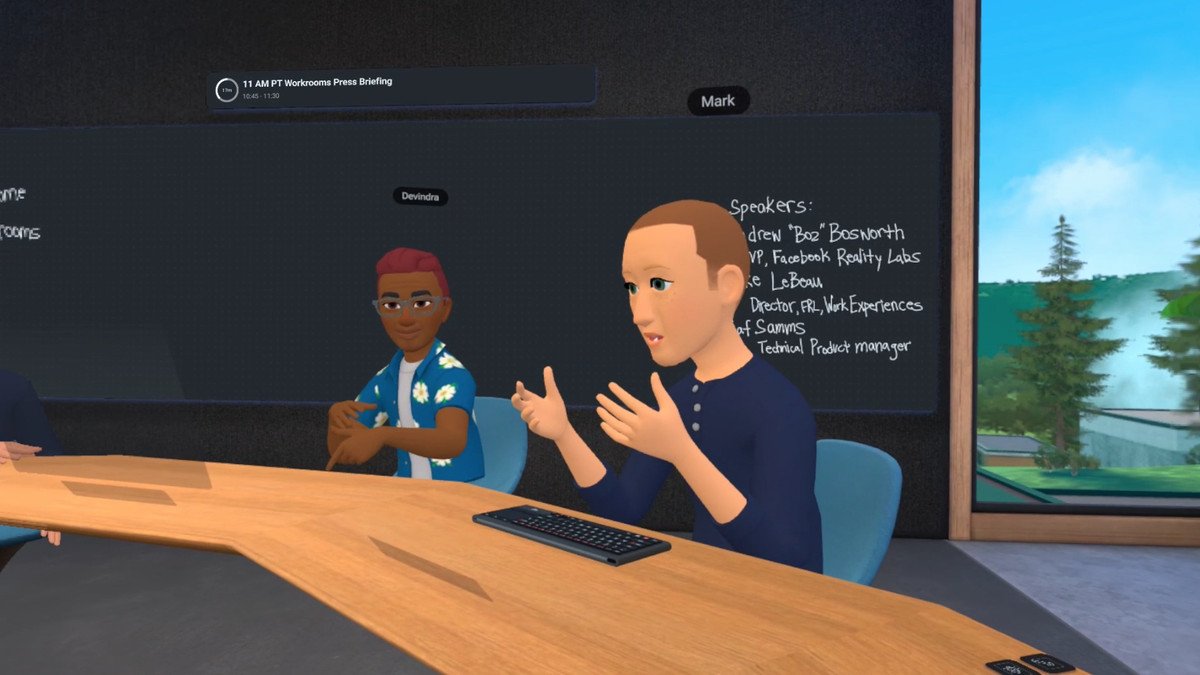CryptoVoxels Google Play store launch is a major leap for the metaverse. More so, it’s a huge event for all virtual worlds. Blockchain virtual world game, CryptoVoxels’ Android version is finally here for mobile phones!
The team hope their launch on the Google Play Store will open up a whole new customer base of casual gamers. Mainly, as this opens up the CryptoVoxels game to those limited to mobile phones and tablets.

Although in the initial stages, developers already want to hear from users about their experiences, with the public invited to give feedback. Meanwhile, the platform also wants reports on bugs within the new app.
It’s not finished, it’s broken, it’s early, it’s basically a public beta (and more like an alpha), but I’m pretty stoked to have this button coming up here. pic.twitter.com/PI6M1TI5Wh
— Cryptovoxels (@cryptovoxels) September 7, 2021
What is CryptoVoxels?
CryptoVoxels is an Ethereum blockchain-based, user-owned, virtual world. In game you can buy land, build shops, galleries, and much more. Mainly, the CryptoVoxels game focuses on arts and visual culture fans, making it the perfect contender for an Android mobile game.
In other Cryptovoxels news, MORROW Collective also announced a collaboration with Firetti Contemporary within the virtual world. The MORROW cryptovoxels exhibition will occur in both the metaverse and the real world. Allegedly, South Korea’s HGKim will also join the platform.
The CryptoVoxels mobile game is on the Google Play Store Now
CryptoVoxels hitting the Android Google Play Store is big news for many reasons. Google’s Android operating system has over a billion active users. Consequently, more than a billion people have access to the Store. Many of those will be interested in exploring this new addition. Not only that, but CryptoVoxels’ turn to mobile shows how close we are to mass adoption. Especially as big companies are traditionally so crypto-phobic. Mobile games are a massive market. With the perks of play-to-earn mechanics, many have noticed blockchain games’ suitablity to mobile platforms.
Competition in the mobile metaverse
However, big tech, including Google, are also building metaverses. Take a look at this Washington Post article for proof. Soon, digital universe pioneers could be competing with the likes of Facebook for their audience. And with pockets as deep as Mark Zuckerberg’s, that may not bode well.

One point the article emphasises is metaverse, not metaverses. Simply put, eventually, a single dominant virtual space may be a reality. Like Steven Spielberg’s ‘Ready Player One’. Ironically, the main obstacle stopping this is the companies themselves. Specifically their inability to agree and collaborate on their virtual world plans.
CryptoVoxels Google Play Store Launch and Apple
The CryptoVoxels Google Play Store launch will delight some Android users. Unfortunately, Mac users may have to wait a little longer.
Last summer, Apple denied a request to list the app in the iOS store. According to reports, no reason was given. However, the tech giant has a history of treating cryptocurrency as high risk. As such, the in-app crypto purchases on CryptoVoxels could have led to the decision. Nevertheless, we expect the app to become available for iOS at some point in the future.
The Future of the Metaverse
The CryptoVoxels launch on the Google Play Store is another annnouncement in a long list of recent NFT success cases. Already, we are seeing play-to-earn games disrupt economies in real life, since many virtual worlds allow users to earn crypto in-game.
Now imagine an all-encompassing realm, hosting countless opportunities to generate revenue, meet people, have fun and engage in new experiences. Many tech companies use virtual worlds for their meetings, as colleagues are often in remote locations. Facebook even have their own, Horizon Workrooms for their board meetings. However, metaverse tech streamlines the whole process using traceability and immutability.

There are several other platforms to keep an eye on in this space. These include The Sandbox, MyMetaverse, and Musée. The latter is the first metaverse dedicated to museums.
Essentially, people are building virtual places for communities to congregate. This could be somewhere for marginalised people to feel safe, or a destination where people with shared interests can exchange ideas and thoughts.
Clearly, this is just the beginning. The potential is huge, and the list of possible uses pretty much endless.

